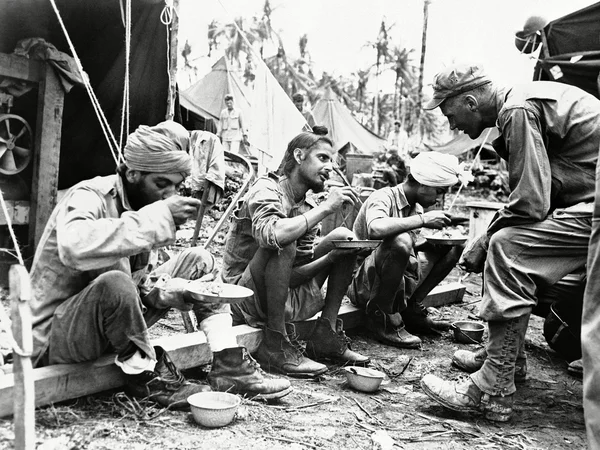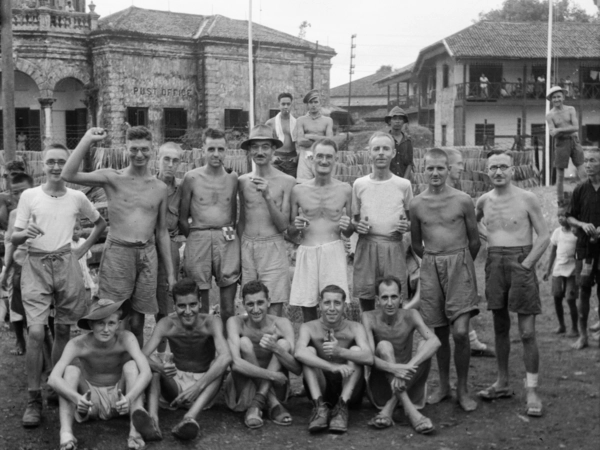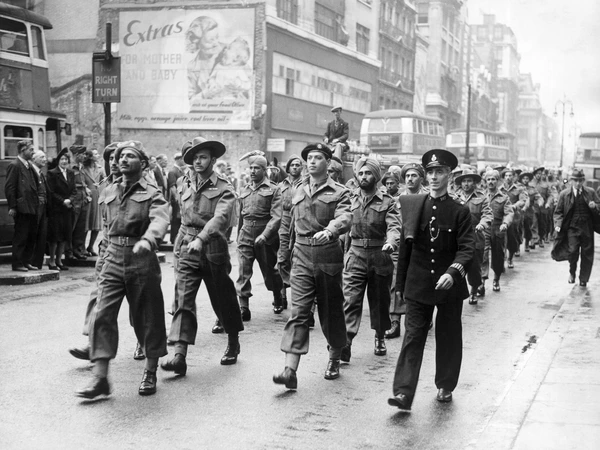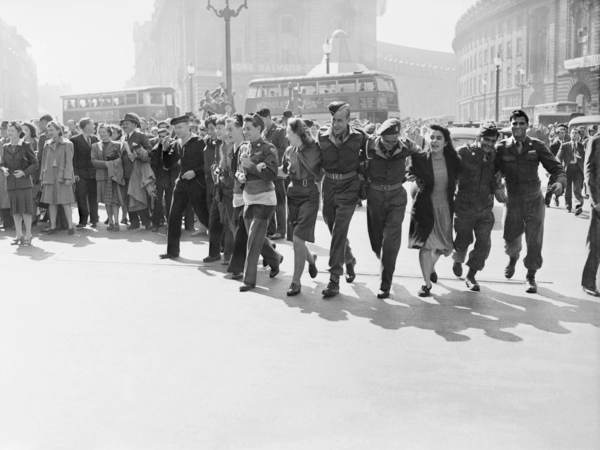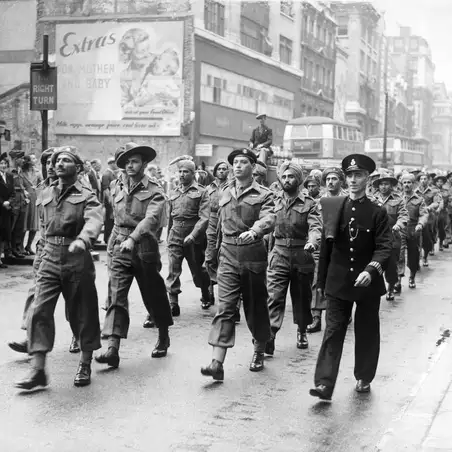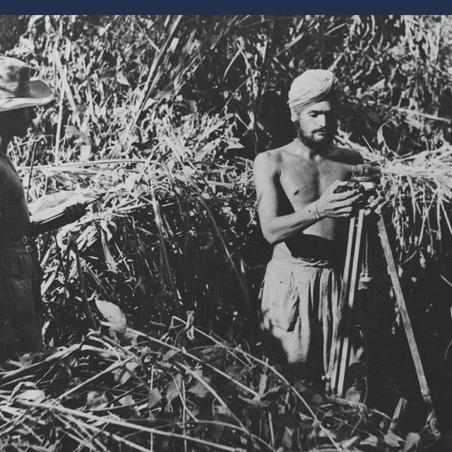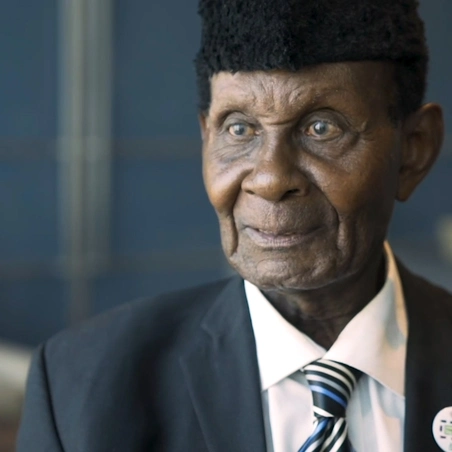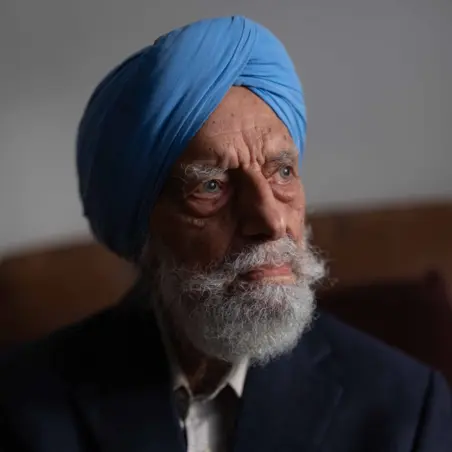As Europe celebrated the surrender of German forces on VE Day, thousands of British, Commonwealth and Allied Armed Forces personnel were still involved in bitter fighting in the Far East and the Pacific.
Victory over Japan Day on 15 August marks the surrender of Japan forces, which in effect ended the Second World War. For months after VE Day on 8 May 1945 war continued to wage in the Asia-Pacific region and only came to an end after two atomic bombs were dropped on the Japanese cities of Hiroshima and Nagasaki and Soviet Forces declared war on Japan.
War in the Pacific
The scope of the war was vast and encompassed a huge area – an area far larger and more diverse, than those of Europe, North Africa, and the Atlantic theatres of war combined. Fighting took place from Hawaii to the North East borders of India and from Papua New Guinea in the south to Manchuria in northern China on the border of the Soviet Union.
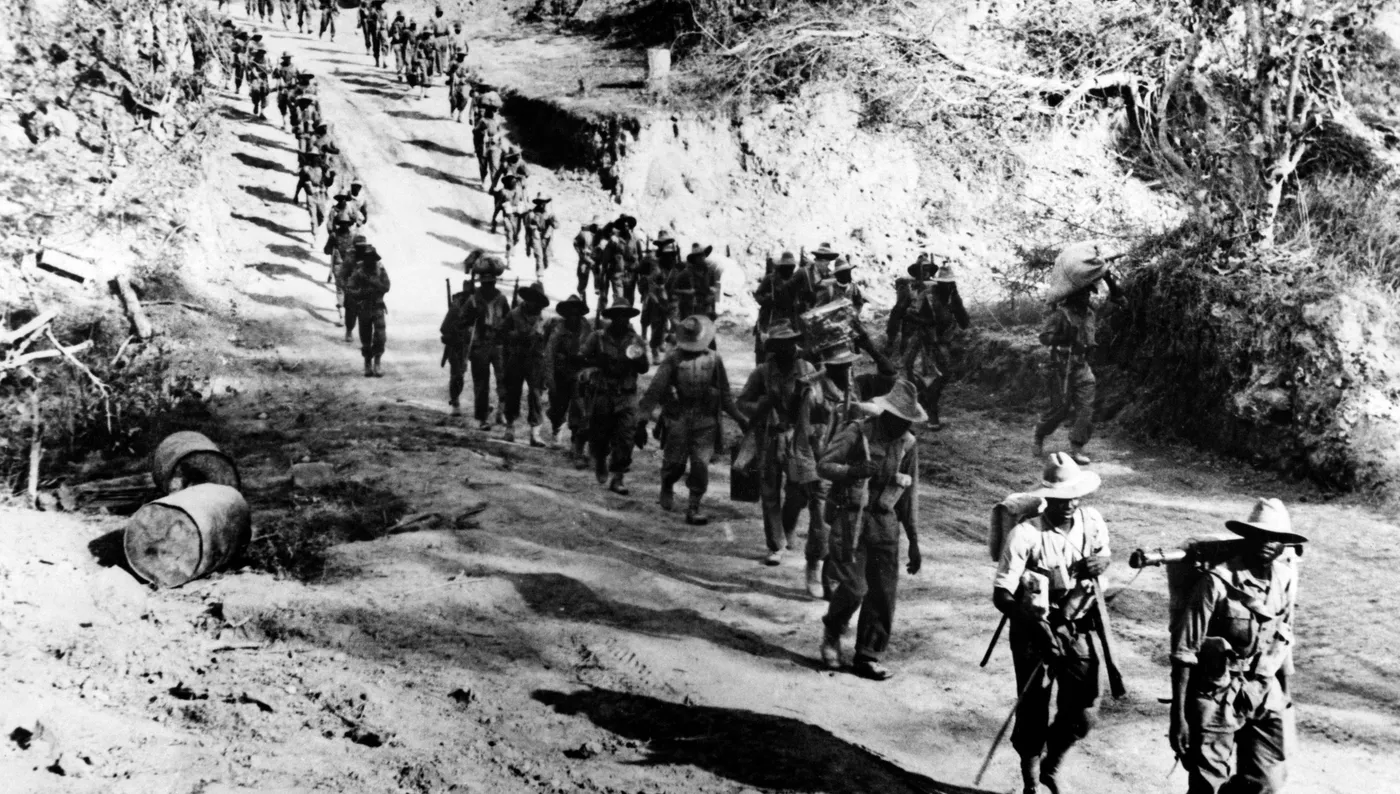
The conditions during the Far East campaign were very different from those during the war in Europe. British, Commonwealth and Allied troops fought across oceans, in monsoon drenched jungles, on snow-covered hills, and in scorching tropical heat on remote islands.
But for the British and Commonwealth forces, the war against Japan was marked by extremes. The surrender of Malaya and Singapore constituted arguably the Britain’s worst defeat of the Second World War in 1942, when approximately 9,000 British, pre-partition Indian, and Commonwealth troops were lost and around 130,000 taken prisoners of war. While in 1944 at the battles of Kohima and Imphal, the Fourteenth Army inflicted on the Japanese Army its greatest ever defeat, a battle that was voted by the British public as Britain’s greatest ever battle.
But despite the magnitude of the war in the Far East, many feel that their contribution has been forgotten or deliberately overlooked.
Prisoners of war and forced labour
The British, Commonwealth and Allied soldiers were shocked and angered by the Japanese treatment as they were expected to treat Allied captured prisoners of war humanely. Held in appalling conditions the prisoners were subjected to brutal treatment, in established jails, mines and in makeshift jungle labour camps throughout South East Asia.
The end of the war
On 26 July 1945 the US, Britain, and China issued an ultimatum to Japan, demanding the unconditional surrender of Japanese forces or face “prompt and utter destruction”. But the Japanese government ignored the ultimatum and the deadline passed.
Six days after the bombs fell Japan announced its surrender on 15 August 1945.
The aftermath
Despite the relief that war was over, there was also great sadness, the human cost of the Pacific War was enormous and many eagerly awaited the safe return of loved ones.
Over 90,000 British troops were casualties in the war against Japan, of which 30,000 died and 37,500 were held as prisoners of war. Of the Allied forces, the U.S. suffered the greatest losses, with more than 100,000 killed in action. Estimates put Chinese losses both civilian and military, at approximately 20 million, others suggest the figure could be as high as 50 million. Over 2.6 million Japanese people lost their lives including a million civilians killed as a result of military action, disease or starvation.
Many hoped the end of the war would mean they would be able to finally return home after years fighting abroad, but unfortunately, the end of the war did not lead to the immediate reunification of families and friends. For tens of thousands of service personnel from Britain and the Commonwealth, it would take months to be reunited with loved ones.


